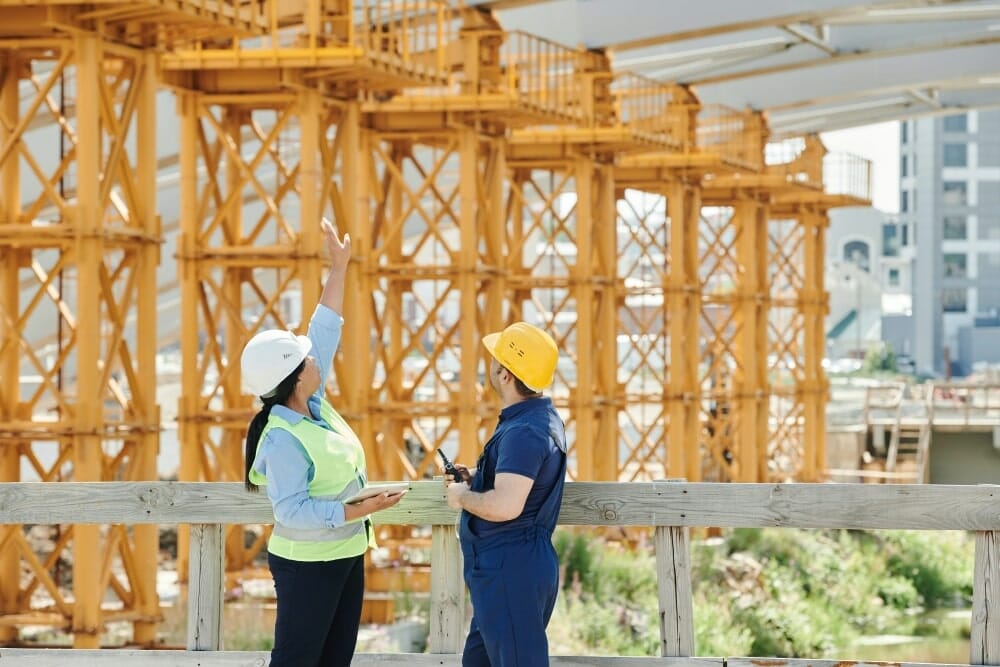Whether you’re starting a new relationship with a commercial roofing company or relying on an existing partnership to maintain your roof, there are a few important things that you should always tell your commercial roofer.
In this blog, Maxwell Roofing & Sheet Metal will review five pieces of information that property managers or building owners should always track in order to facilitate commercial roofing repairs.
1. The Amount, Frequency, and Location of Leaks
While many leaks will be obvious to anyone inside a commercial building, sometimes small leaks can go unnoticed. Facility managers should be aware of any strange odors that might indicate mold. Also, keep an eye out for discoloration on the walls of a building’s interior. These subtle changes can indicate potential water infiltration. Even small leaks will require an immediate commercial roof repair, and a roofer should be notified of the problem immediately.
2. Storm Damage
Storms and other adverse weather events can have a major impact on a roof’s condition and longevity. Immediately following a storm, property managers should always examine their commercial roof and clear any debris that may have collected on the surface. Storms can cause damage to the roof membrane, roof penetrations, or even underlying roofing materials. Following the weather event, building owners should contact their commercial roofer to determine whether it’s necessary for a professional inspection or a repair.
3. Moisture
Moisture is the biggest driver of commercial roof deterioration and damage. If water infiltrates the insulation or a roof deck, the entire roof may need to be replaced. A commercial roofing professional can typically determine the source of the moisture and if the problem is a quick repair or a more widespread issue.
4. Warranty Issues
Commercial roof systems are made up of many different components, many of which have their own warranty terms. These warranties can be tough to track and usually have very strict time limits. If a specific roofing component is damaged or not functioning properly, informing the manufacturer as quickly as possible will increase your chances of recovery under the manufacturer’s warranty.
5. Plans for Regular Maintenance
Commercial roofers aren’t just for emergency repairs! Building owners should also set up scheduled routine maintenance before problems emerge. When starting a relationship with a new roofer, it’s important to explain your needs and expectations for routine maintenance tell your commercial roofer . If you don’t have a maintenance plan, your roofer can help you create one based on your budget and your needs.
If you’re ready to get started with a new commercial roofer, our team at Maxwell Roofing & Sheet Metal is here to help with everything from emergency roofing repairs to regular maintenance. Contact us today to learn more.

